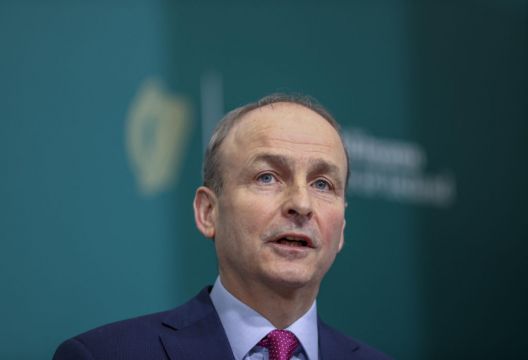Income taxes and Universal Social Charge (USC) rates will not be increased by the Government as it seeks to plug a €40bn hole in the public finances caused by Covid-19, Taoiseach Micheál Martin has said.
As the Irish Examiner reports, Mr Martin said the Government was of the view that income tax should not rise, adding that despite the large deficit, the programme for government commitment would be honoured.
“We’re saying that we’re not doing [that]. We’ll honour that commitment,” he said.
“That said, we’ll be borrowing about €40bn between 2020 and 2021. The initial focus will be on winding down the deficit again in the post-Covid era.
"We have been able to borrow cheaply, very cheaply, because of ECB policies and approaches. So, that will be the first emphasis,” he said.
Mr Martin said there was a lot of borrowing that had been exclusively Covid-related and then there was borrowing that was not Covid-related and obviously a lot would depend on economic growth post-Covid.
Economic recovery
“You’ve about €12.5bn in household savings extra this year than you would have had last year and that’s quite significant.
"That could be released into the economy over time when people become less cautious and worried about the Covid impact on their own personal lives. So economic growth could take care of some, there might be other areas of revenue generation that cannot be ruled out,” he said.
Public Expenditure Minister Michael McGrath told the Irish Examiner that achieving economic recovery would go a long way towards repairing the public finances after Covid.
Even though our debt is rising significantly as a result of the extensive Covid supports we are providing, the cost of servicing that debt is falling because of the remarkably favourable borrowing conditions.
"The output from the Commission on Taxation and Welfare will help to guide and inform policymaking in the next number of years,” he said.







